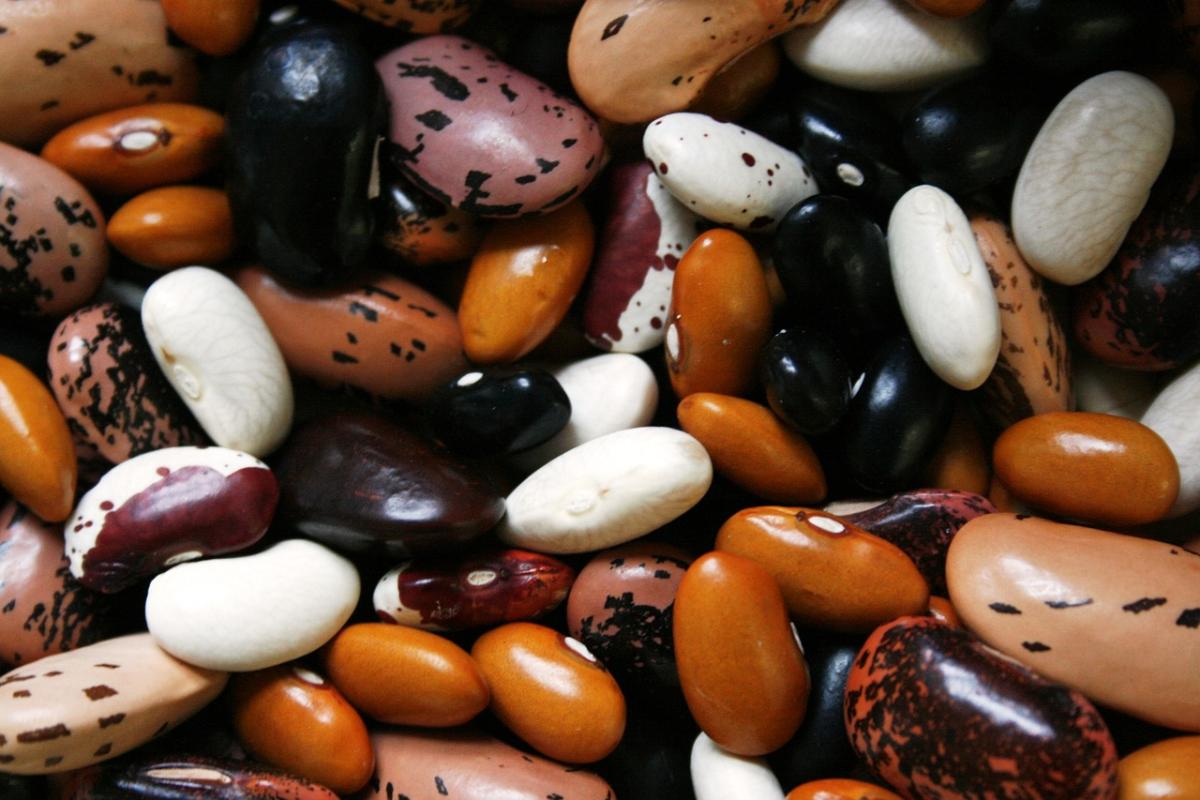When it comes to prepping, having the right food supplies on hand can make all the difference. Here are some essential foods you should consider stockpiling today:
Also, don't forget about keeping some essentials like spices and oil on hand. They can make a huge difference in flavoring your meals. Remember, it’s not just about having the food, but making sure it’s food you enjoy eating! Stocking up on these items will put you in a great position for whatever comes your way.
Best Long-Lasting Food Options
Canned Goods: Canned foods are a staple for a reason. They're sealed tight, keeping the contents fresh and tasty for years. Look for items like:
Just check the labels for the expiration dates, and you're good to go!
Rice and Grains: Rice is a fantastic base for many meals and can last indefinitely if stored correctly. Whole grains like quinoa or barley are also great options. They provide energy and nutrients that you need for stressful situations. Just store them in airtight containers to keep them fresh.
Freeze-Dried Foods: If you want something lightweight and easy to prepare, freeze-dried meals are perfect. They can last 25 years or more and just require water to rehydrate. Popular options include freeze-dried fruits, veggies, and entire meals like pasta or stew. They come in handy for camping trips or any unexpected situation!
Honey and Sugar: Sweeteners like honey and sugar can last a lifetime. Honey even has natural preservatives that keep it from spoiling. Use them to sweeten your meals or drinks, and you'll have a little extra boost to keep morale high during tough times.
Must-Have Supplies for Emergencies
When it comes to prepping for emergencies, having the right supplies on hand can make all the difference. Here’s a list of must-have items that are essential to keep you and your loved ones safe and comfortable when things go south.
1. Water Filtration System: clean water is crucial for survival. A good water filtration system can help you convert questionable water sources into safe drinking water. Look for portable filters that are easy to use and pack for your emergency kit.
2. First Aid Kit: accidents can happen anywhere, so it’s smart to be prepared. A well-stocked first aid kit should include band-aids, antiseptic wipes, gauze, and over-the-counter pain relievers. Be sure to check it regularly and replace any items that may have expired.
3. Flashlight and Extra Batteries: power outages can occur during emergencies, and having a reliable flashlight can help you navigate in the dark. Don’t forget to stock up on extra batteries, or consider solar-powered options for a sustainable choice.
4. Non-Perishable Food: this is where your top prepper food supplies come in! Think canned goods, dried fruits, nuts, and energy bars. Make sure you have a diverse selection to ensure your family can stay nourished and energized during tough times.
Having these essential supplies at your fingertips will give you peace of mind and set you up for success in any emergency situation. Happy prepping!
Smart Tips for Food Storage
When it comes to prepping food supplies, storage is key! Having the right methods in place can make a big difference in extending the shelf life of your food and keeping everything fresh. Here are some smart tips to help you store your food effectively.
1. Use Airtight Containers:
Invest in good quality, airtight containers. They keep out moisture and pests, which can ruin your food supplies. Look for options made from BPA-free plastic, glass, or metal. Labels are also super helpful—make sure you mark what’s inside and the date you stored it!
2. Vacuum Seal Everything:
If you want to go the extra mile, consider vacuum sealing. This removes air and seals your food in, dramatically extending its shelf life. It’s perfect for bulk items like rice, beans, or even your favorite snacks. Plus, it keeps flavors locked in!
3. Organize by Date:
Store your food in a way that you use the oldest items first. A simple method is to place newer items behind older ones. You’ll be surprised at how effective this is in preventing waste. A good way to remember is the first in, first out (FIFO) rule!
4. Keep Your Cool:
Make sure you know the ideal storage temperatures for different food types. Most canned goods can be kept in a cool, dark place, while freeze-dried or dehydrated foods last longer in a cooler environment. If you’re storing anything in your garage or a shed, keep an eye on seasonal temperature changes.

